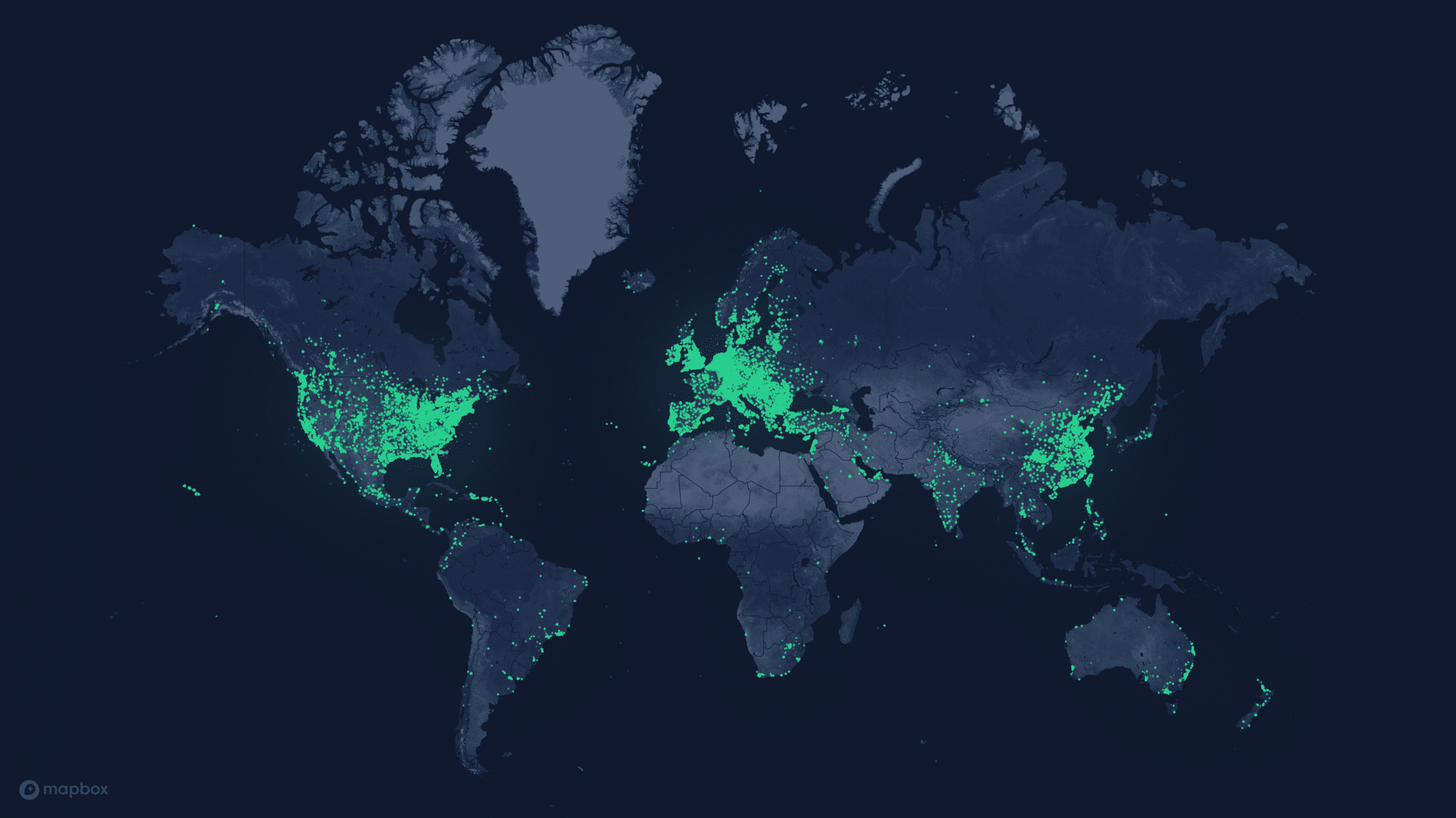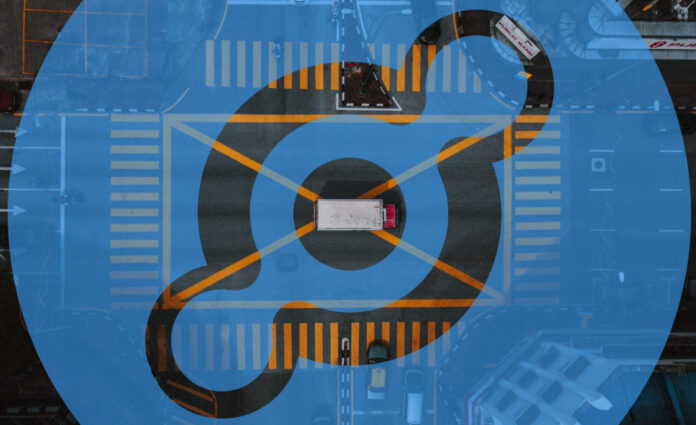Helium, the company in charge of the crowd-sourced Helium non-cellular IoT and cellular 5G networks, has rebranded as Nova Labs, and announced $200 million of Series D funding from New York-based investment company Tiger Global and Silicon Valley venture firm Andreessen Horowitz (a16z). Besides these, at least three major telcos have also invested via their venture spinoffs, including Deutsche Telekom, Nokia, and Liberty Global.
More tellingly, perhaps, the latest Series D round gained interest from Goodyear Ventures, the venture arm of US tyre company Goodyear, which will also make use of the Helium network. Others on the card included GV, Google’s venture business (formerly Google Ventures), plus Pantera Capital, Ribbit Capital, and Seven Seven Six. Nokia and Deutsche Telekom are represented by NGP Capital and Telekom Innovation Pool (TIP), respectively.
The Helium brand is retained for the network, itself, which rewards residential and enterprise clients, hosting network radio equipment on their premises, with native $HNT crypto-tokens in return for providing coverage and carrying traffic in the Helium network. The Helium network, launched in 2019, claims more than 500,000 client-hosted hotspots worldwide, providing coverage in around 52,000 cities in 169 countries.

Helium, itself, was founded in 2013 by Shawn Fanning and Amir Haleem, originally as a hotspot maker; its blockchain-based model for a crowd-sourced infrastructure was intended originally to drive hardware sales. It has since quit the manufacturing game, handing hotspot duties to various partners, to focus on the network itself. Nova Labs market capitalisation currently stands at $1.2 billion, giving it ‘unicorn’ status among start-up companies.
The rebrand, it said, provides a “clearer distinction between the corporate entity and the open-sourced Helium network that is owned and operated by the people”. Nova Labs will continue to develop and support the advancement of decentralized wireless technologies on the Helium Network. The new money will go on “hiring and funding” development resources, wireless protocol support, and new over-the-top applications, it said.
So far, most of its activity has been to stimulate global LoRaWAN coverage for low-power wide-area (LPWA) monitoring and tracking solutions. It said 2021 saw it deliver “the fastest rollout of a wireless network in history”, going from 14,000 to 500,000 hotspots in the period. LoRaWAN luminaries Actility, Senet, Kore, and X-TELIA have all piggybacked on its network model, to knit their LoRaWAN networks into a more global-looking IoT patchwork.

Nova Labs named the highest-profile customers of its LoRaWAN network, as Accenture, Careband, Cisco, Hoopo, Invoxia, Olympus, One Planet, Schneider Electric, Victor, Volvo Group. The new investment from Goodyear Ventures looks to be significant from a user point of view, potentially, on the grounds the tyre company has global products and partners to connect. “Goodyear… is exploring ways to become an enterprise customer,” the company said.
Abhijit Ganguly, managing director at Goodyear Ventures, said: “Nova Labs is revolutionizing the way enterprises connect to the internet, unlocking new levels of efficiency through ubiquitous coverage provided by the Helium Network. At Goodyear we are committed to putting technology into motion, and we can’t wait to see what we can accomplish with Nova Labs and the Helium network.”
But Helium / Nova Labs has also put focus on 5G, including in partnership with US carriers using CBRS spectrum, to incentivise community-led cellular rollout, as a complement to existing public networks. Notably, it has worked with mobile operator DISH in the US to advance 5G coverage. The City of San Jose has said it will hook into the Helium incentive system to cover internet plans for 1,300 low-income families in Silicon Valley.
Its vision remains, it said, a “decentralized future of wireless connectivity… on a global scale”. It claims to have “created a new category of connectivity”, where “everyday people” can “build the network from home and earn rewards”. It suggested its distributed punter-hosted network is good for “critical network infrastructure and technologies”.
Amir Haleem, founder and chief executive at Nova Labs, said: “With Helium Inc. we built the foundation for the world’s first decentralized wireless network, leveraging the power of blockchain to democratize access to the internet at a global scale…. We are… pioneering a cultural movement towards the decentralization of all wireless protocols, and we’re grateful to Tiger Global, a16z, Goodyear Ventures, and others for backing our vision.”
A press note included triumphal quotes from various of the investors, to the effect that Nova Labs / Helium had both demonstrated a killer use case for crypto, and also reinvented network building, after two decades of shrinking returns for the operators of public cellular infrastructure. Ali Yahya, general partner at Andreessen Horowitz, called it “a perfect example of how crypto applications go well beyond currencies”.
Evan Feinberg, partner at Tiger Global, said the Nova Labs model had provided a “blueprint for leveraging crypto and blockchain to scale real-world infrastructure at an incredible pace”. Alexis Ohanian, founder of Seven Seven Six, said the Helium network has “completely upended the wireless industry by putting the power of connectivity in the hands of the people”.
Rohini Chakravarthy, managing partner at NewBuild Venture Capital and formerly of NGP Capital (Nokia), commented: “For twenty years, the wireless industry has been searching for a way to build networks in a democratic way, but the cost to coordinate among hundreds of thousands of peers always proved overwhelming. The approach Nova Labs has pioneered is one that can truly lead us towards a future with ubiquitous connectivity.”
Other investors, from previous rounds, also include FirstMark, Khosla Ventures, Multicoin Capital, Union Square Ventures. Nova Labs’ two founders retain shares.

